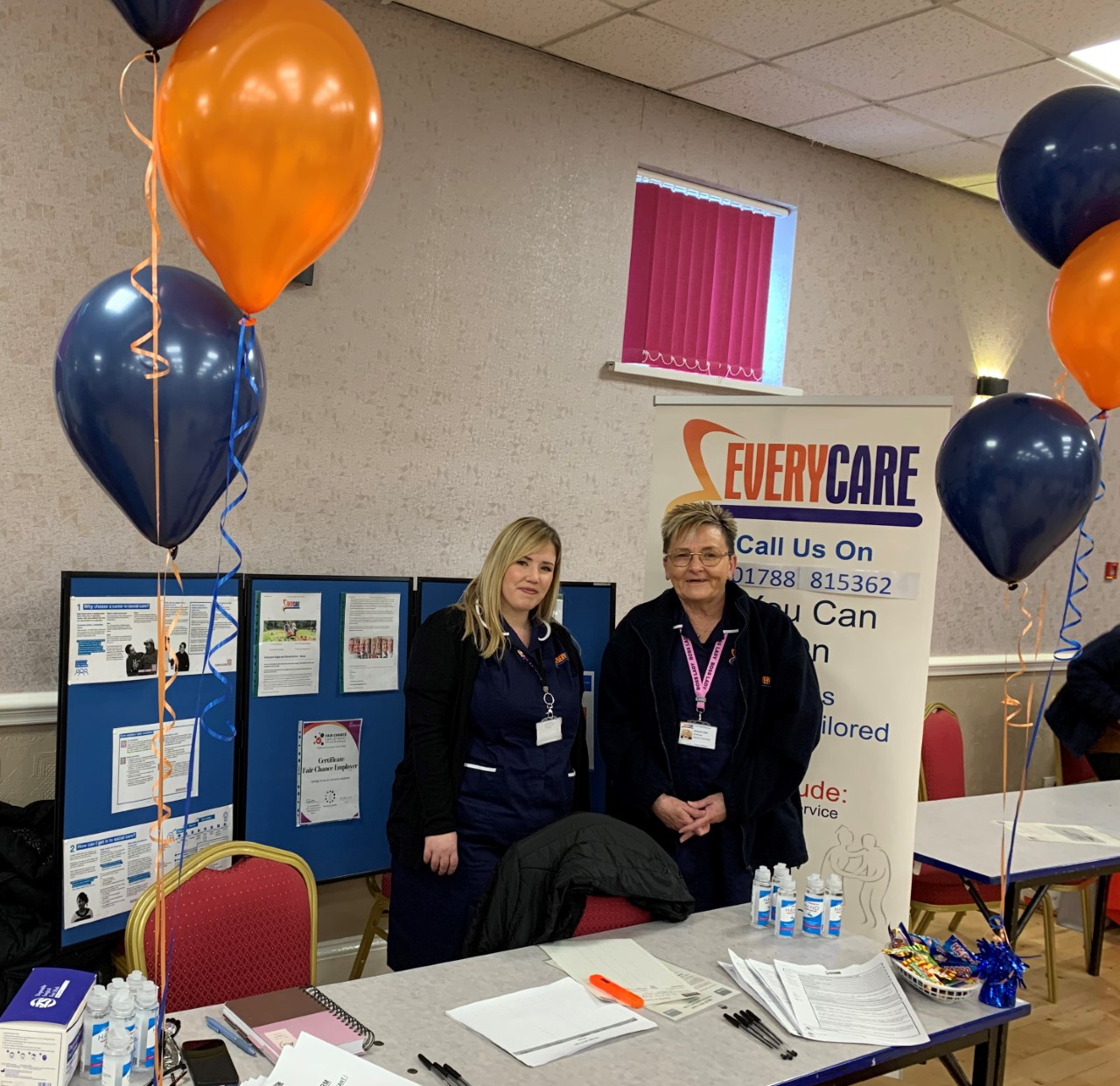Being socially active in your fifties and sixties lowers the risk of developing dementia in later life, according to new research.
Academics at University College London found that someone who saw friends almost daily at the age of 60 was 12 per cent less likely to develop dementia than someone who only saw one or two friends every couple of months.
Having an active social life “at any age may well have a similar impact on reducing dementia risk”, according to the researchers.
Socialising promotes the use of memory and language, which could help minimise the effect of dementia, according to Professor Gill Livingston, a senior author of the report.
She added: “People who are socially engaged are exercising cognitive skills such as memory and language, which may help them to develop cognitive reserve – while it may not stop their brains from changing, cognitive reserve could help people cope better with the effects of age and delay any symptoms of dementia.
Read more by visiting The Independent website.
 Even with the weather conditions and snow on 9th March 2023, Simone Dyer, Registered Manager and Leanne Currie, Care co-ordinator joined with 30 other companies at the Rugby Works Job & Skills Event.
Even with the weather conditions and snow on 9th March 2023, Simone Dyer, Registered Manager and Leanne Currie, Care co-ordinator joined with 30 other companies at the Rugby Works Job & Skills Event.
A successful day, which had a great turnover of potential new care candidates; and despite the weather, over 400 attended.

A study of 2,000 people aged 65+, commissioned by the Connected Care Platform provider Anthropos, were asked why they kept it secret, with 26 per cent saying they can deal with any care issue themselves, 16 per cent don’t want to be labelled ‘vulnerable’ and 18 per cent don’t want to acknowledge they’re getting older.
Almost a third (29 per cent) of people aged 65+ have hidden their need for any type of care support from loved ones.
Secrets kept to avoid ‘burdening’ family
Thirty-nine per cent admitted they would keep their feelings a secret from loved ones to avoid burdening them.
These secrets aren’t just limited to falls; the other most common issues are reduced mobility, changes in toilet habits, forgetfulness, sleeping difficulties and loss of balance.
Jim Patience, chief executive of Anthropos, which focuses on passive falls detection without the use of wearable devices, said: “Considering there are 11 million people aged 65 and over, the research really brings home just how widespread these issues are. If we extrapolated these numbers across the whole of the UK, it could indicate that every year around 2.6 million people fall, with 686,000 people not telling anyone about it.
“It fits into the wider pattern we’ve found that so many older people are hiding care concerns. We hope adults of all ages consider how these findings may support gentle, sensitive conversations with the older people in their lives about all care matters, from falls to forgetfulness.”


